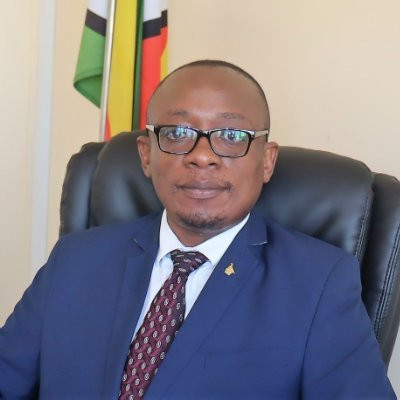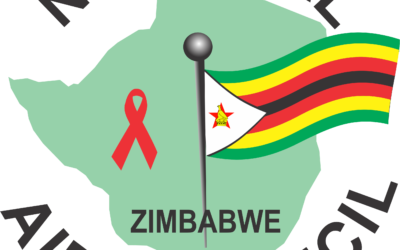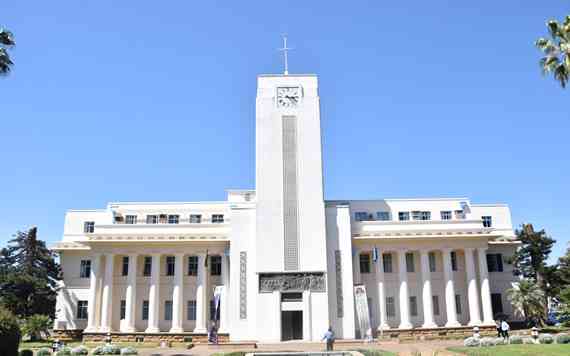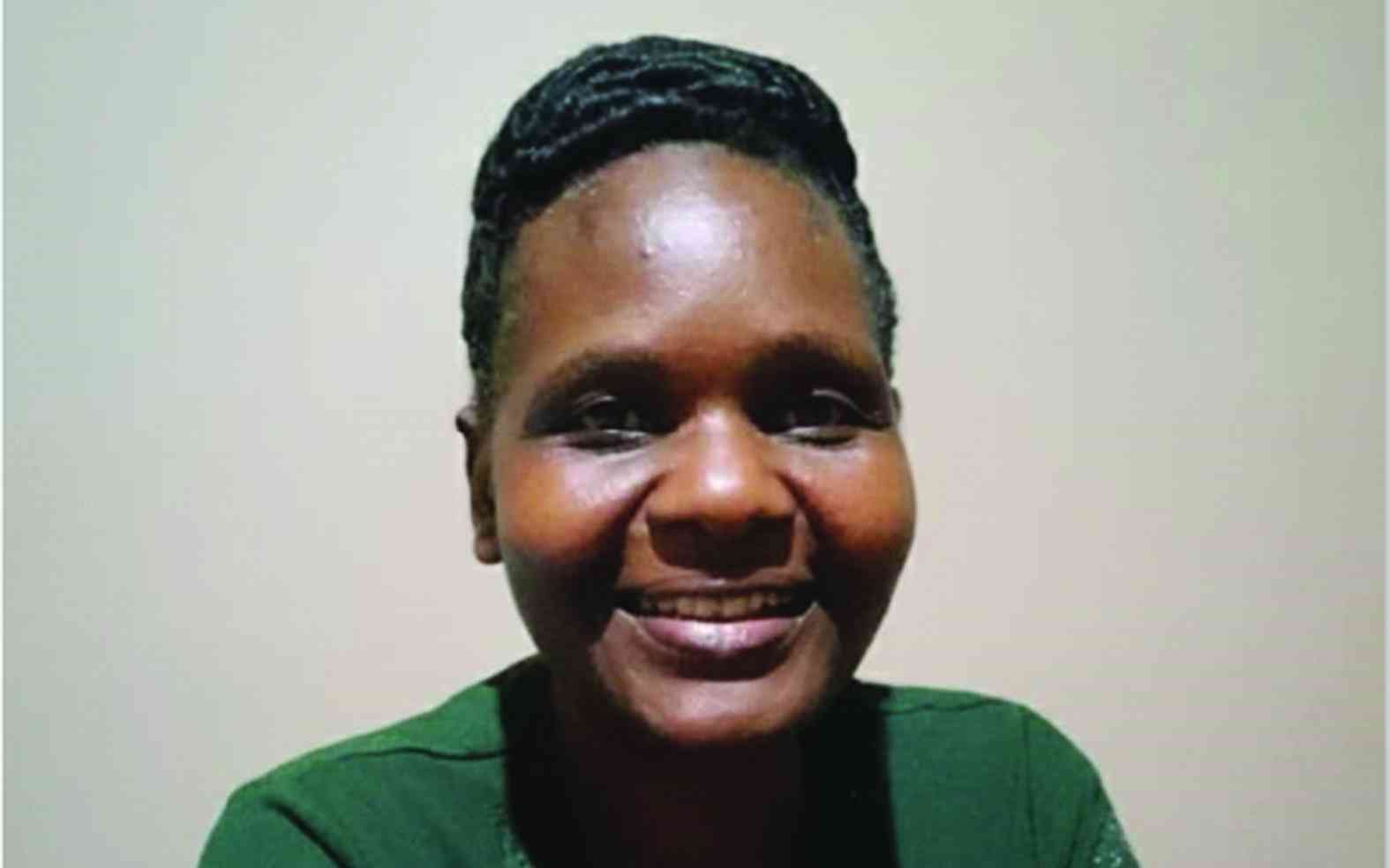
MATABELELAND North and South province rural schools are battling a serious shortage of science teachers, a situation that has seen learners miss out on opportunities in the field of sciences.
Legislators urged the Primary and Secondary Education ministry to address the issue of shortage of science teachers in the two provinces to ensure learners are not disadvantaged.
Gwanda North legislator Desire Nkala said several secondary schools in his constituency had no science teachers.
“The shortage of science teachers in schools has deprived our children an opportunity to pursue careers in engineering and sciences,” he said.
“Some of the schools have gone for years without science teachers, hence depriving the rural community of access to equal and quality education.”
Nkala said the deplorable state of education infrastructure in the province worsened the situation.
“Most rural schools lack science laboratories and equipment, making it very difficult for students to study science subjects, thus making rural development impossible,” he said.
Tsholotsho North legislator Libion Sibanda also called for urgent intervention.
- Mayhem as schools reject Zimdollar fees
- Govt pleased with teacher turnout, but ...
- Govt warns schools turning away learners
- Teachers’ strike in bumpy start
Keep Reading
“We appeal that the rural community be given equal opportunities as education is key for social and economic development of the nation,” he added.
Primary and Secondary Education ministry spokesperson Taungana Ndoro acknowledged the shortage of science teachers.
“The ministry has implemented a robust, incentive-driven deployment policy to attract and retain STEM [science, technology, engineering and mathematics] educators in rural communities,” he said.
“We have introduced initiatives to provide enhanced allowances for teachers in remote areas, including housing and hardship incentives.”
Ndoro said they had prioritised placement of STEM graduates from teacher training colleges in rural schools, coupled with mentorship programmes.
“We have partnerships with organisations like Unicef and the Global Partnership for Education to expand training and infrastructural support,” he said.









